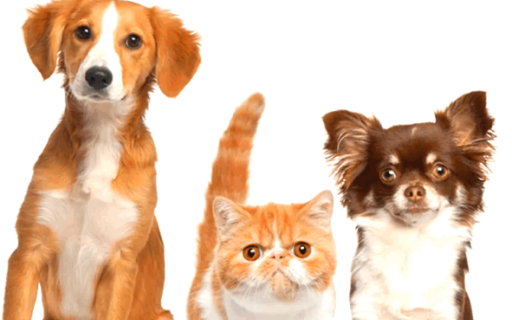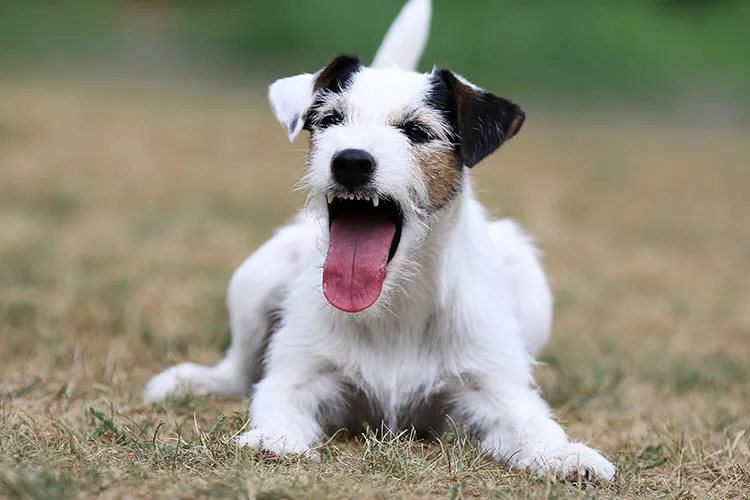Introduction
Kennel cough, a common canine respiratory ailment, raises numerous concerns among dog owners. This comprehensive guide aims to address diverse aspects of kennel cough, from symptoms to treatment, and offers insights into potential complications and care.
Understanding Kennel Cough
Kennel cough, or canine infectious tracheobronchitis, is a contagious respiratory infection among dogs, characterized by a persistent, dry cough. This condition spreads rapidly in environments with high dog density, such as kennels or dog parks, and is caused by various viruses and bacteria, including Bordetella bronchiseptica.
Exploring Last Stages and Complications
In the last stages of kennel cough, symptoms might escalate, leading to complications like pneumonia. Monitoring for signs such as lethargy, difficulty breathing, or a worsening cough is crucial. The transition from kennel cough to pneumonia requires veterinary attention and might involve additional tests like chest X-rays.
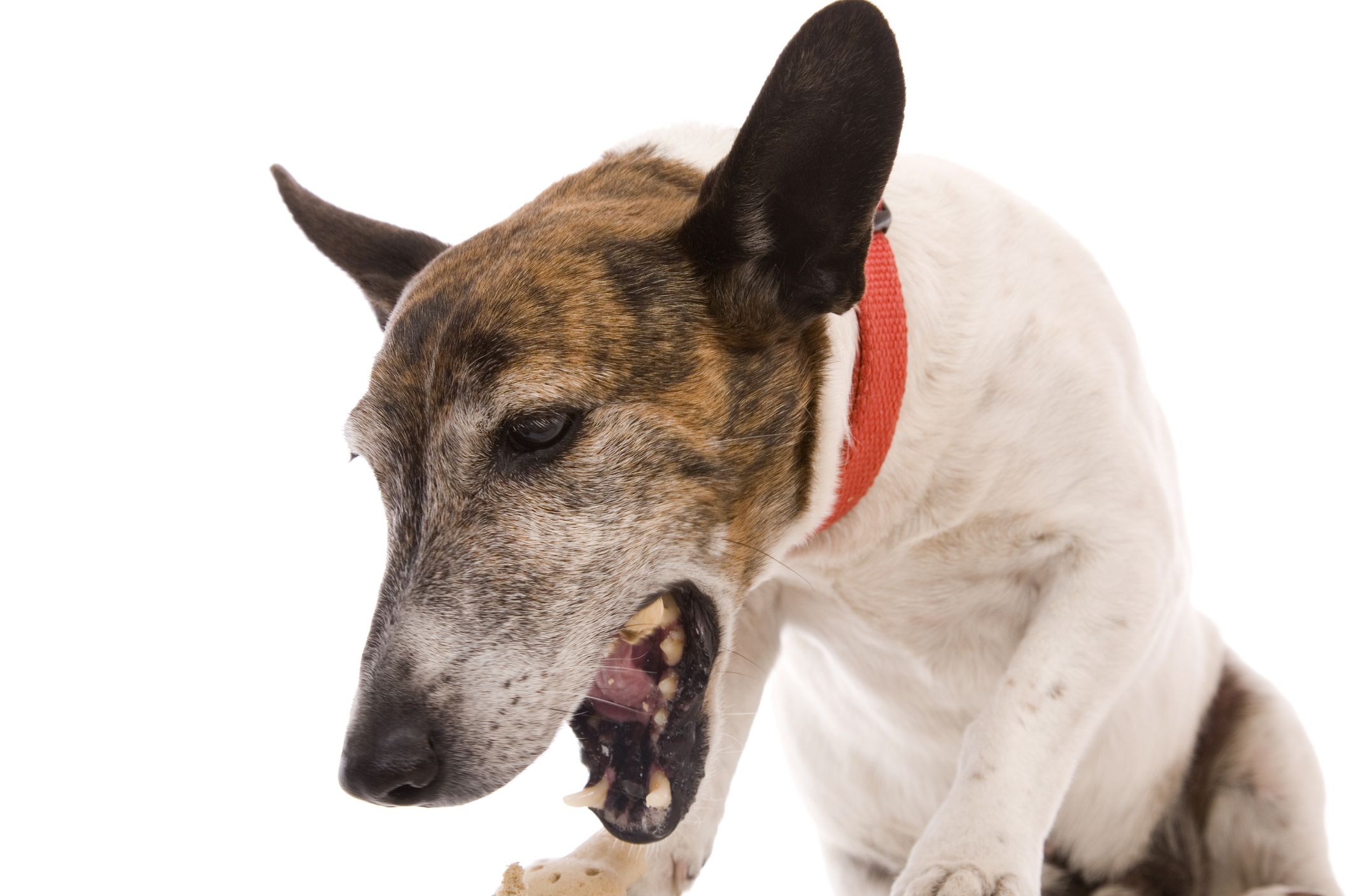
Effective Disinfectants Against Kennel Cough
Several disinfectants can effectively kill kennel cough pathogens. Commonly used disinfectants include bleach diluted in water, quaternary ammonium compounds, or accelerated hydrogen peroxide. Proper cleaning and disinfection of dog-related areas are imperative to prevent the spread of kennel cough.
Identifying Kennel Cough Progression to Pneumonia
Kennel cough progressing into pneumonia might show symptoms such as persistent coughing, increased respiratory rate, nasal discharge turning yellow or green, fever, lethargy, and difficulty breathing. Immediate veterinary assessment is crucial if such signs arise.
Best Medications for Kennel Cough
Treatment for kennel cough may involve cough suppressants, antibiotics (in bacterial infections), bronchodilators, and sometimes anti-inflammatories. However, the “best” medication varies depending on the individual dog’s condition, necessitating a veterinarian’s guidance for tailored treatment.
Human Risk of Contracting Kennel Cough
While uncommon, kennel cough pathogens, particularly Bordetella bronchiseptica, can cause mild respiratory symptoms in humans, especially those with compromised immune systems. However, the risk of transmission from dogs to humans is generally low.
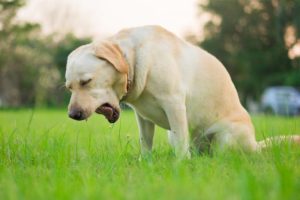
Natural Remedies and Home Treatments
Some home remedies might help manage mild kennel cough symptoms, such as using honey to soothe the throat. However, consult a vet before administering any home remedies or supplements.
Dietary Considerations for Dogs with Kennel Cough
Feeding dogs with kennel cough soft, easily digestible food is advisable to prevent throat irritation. Foods high in moisture content, such as wet dog food or adding water to dry food, can be beneficial.
Precautions and Avoidances
When your dog has kennel cough, avoiding situations with other dogs can prevent spreading the infection. Avoid exposure to smoke, dust, or other irritants that could exacerbate coughing.
Human Medicine and Vomiting in Dogs
Administering human medicine to dogs, especially for vomiting, should be avoided without veterinary approval. Vomiting in dogs might require specific treatments based on the underlying cause, which a vet can recommend after examination.
Is Kennel Cough Worse at Night?
Kennel cough symptoms, including coughing fits, might seem worse at night due to increased rest and reduced distractions, highlighting the cough’s prominence. However, these symptoms might not necessarily worsen but can appear more pronounced during the quieter night hours.
Vitamin C and Natural Recovery
While some believe that vitamin C aids in the recovery of kennel cough, dogs can typically overcome the infection naturally without vitamin supplementation. Consultation with a veterinarian is advised before giving any supplements to your dog.
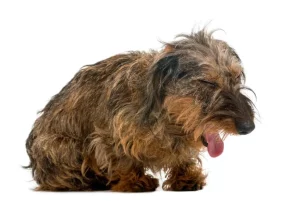
What to Avoid with Kennel Cough
Avoid exposing your dog to cold temperatures or environments with smoke or other irritants that can aggravate the respiratory system. Additionally, restricting strenuous activities can prevent exacerbating coughing fits.
Human Medication for Dogs’ Colds
Administering human cold medicine to dogs is highly discouraged due to potential adverse effects. Human medications can contain ingredients toxic or unsuitable for dogs and should only be given under veterinary guidance.
Medication for Dog Vomiting
Treatment for dog vomiting varies based on the underlying cause. Over-the-counter medications meant for humans should not be administered to dogs without veterinary approval, as these can be ineffective or harmful.
Professional Guidance for Kennel Cough
Consulting a veterinarian is essential if you suspect your dog has kennel cough. A vet can conduct a thorough examination, provide an accurate diagnosis, and suggest an appropriate treatment plan tailored to your dog’s specific condition and needs.
Treatment Duration and Recovery
Recovery from kennel cough can take around 1 to 3 weeks, depending on the severity of the condition and the dog’s overall health. During this time, following the vet’s instructions, administering prescribed medications, and providing a stress-free environment aids in a smoother recovery.
Vaccination for Kennel Cough Prevention
Preventive vaccination against kennel cough is available and highly recommended for dogs, especially those frequently exposed to environments where the infection is prevalent. Discuss with your vet the best vaccination schedule and options for your dog’s specific lifestyle.
Holistic Approach to Dog Health
Maintaining your dog’s overall health is crucial in preventing and managing kennel cough. This includes a balanced diet, regular exercise, proper hygiene, and routine veterinary check-ups to detect and address any health issues promptly.
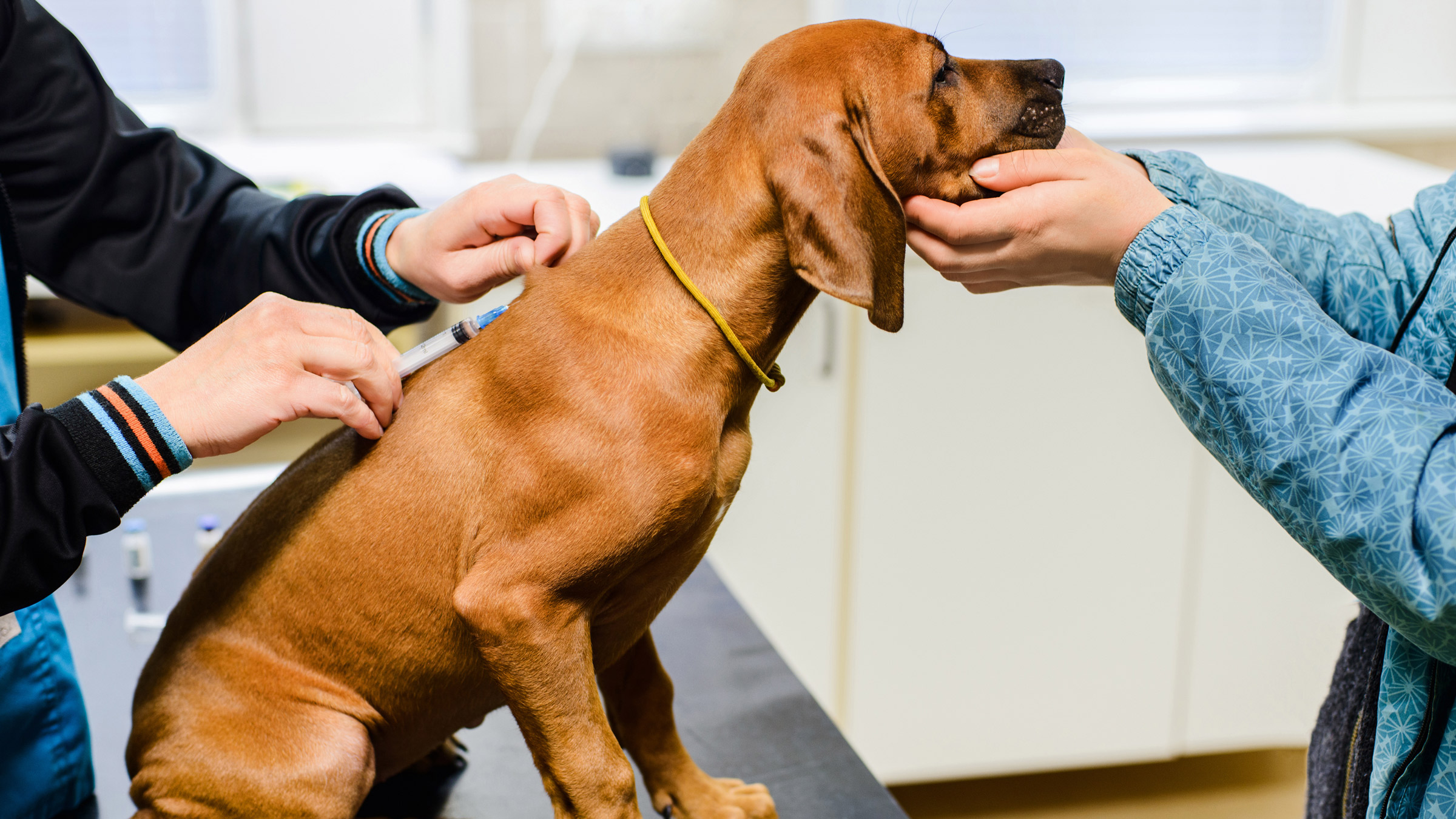
Observation and Prompt Action
Stay vigilant for any changes in your dog’s behavior or health. If symptoms persist, worsen, or if you notice any concerning signs like difficulty breathing, lethargy, or loss of appetite, seek immediate veterinary attention for proper evaluation and treatment.
Holistic Care During Kennel Cough Recovery
Providing a comfortable and stress-free environment is essential during your dog’s recovery. Ensure they have a warm, quiet place to rest, away from drafts or extreme temperatures. Offering plenty of fresh water and easily digestible food supports their healing process.
Humidification and Soothing Measures
Increasing humidity levels in your home, such as using a humidifier or spending time in a steam-filled bathroom, can help alleviate your dog’s coughing fits by soothing their irritated respiratory tract.
Avoiding Contact with Other Dogs
Limiting exposure to other dogs is vital to prevent spreading the infection. Avoid visits to parks or areas where dogs congregate until your pet fully recovers to minimize the risk of transmitting kennel cough.
Monitoring Recovery Progress
Regularly monitor your dog’s progress during recovery. Note any changes in their behavior, appetite, or coughing frequency. If you observe persistent or worsening symptoms, consult your veterinarian promptly.
Follow-Up Veterinary Consultations
Follow-up visits to the vet are crucial to assess your dog’s recovery progress. Your vet can make any necessary adjustments to the treatment plan and ensure your dog is on track for a complete recovery.
Resuming Normal Activities
Once your dog has fully recovered from kennel cough and received clearance from the vet, gradually reintroduce them to their regular activities and social interactions.
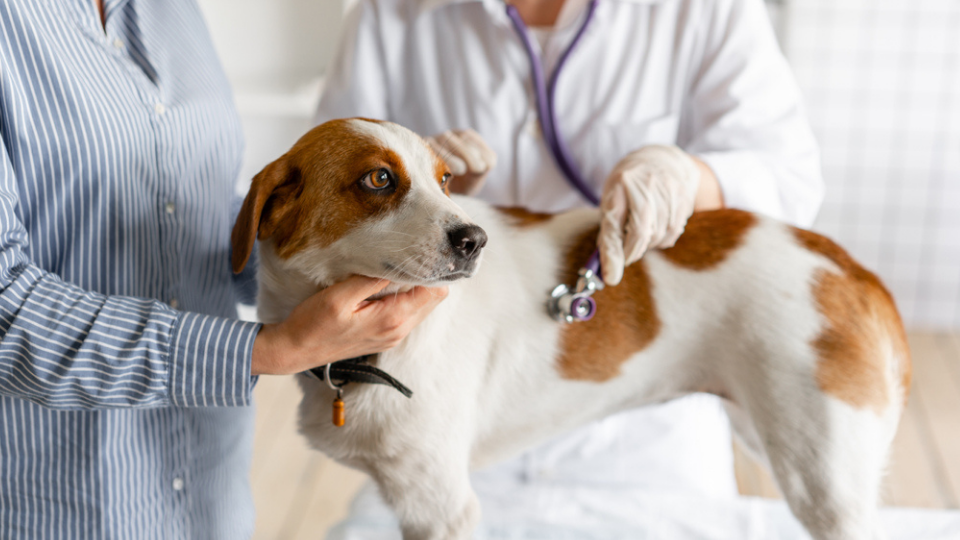
Maintaining Preventative Measures
After your dog recovers, continue practicing good hygiene, maintaining their vaccination schedule, and minimizing exposure to potentially infected environments to prevent future occurrences of kennel cough.
Supporting Your Dog’s Well-Being
Finally, shower your dog with love and care throughout their recovery. Your attention and affection play a significant role in their emotional and physical well-being.
References:
- Smith, J. (2022). Kennel Cough: Symptoms, Treatment, and Prevention. Pet Health Today.
- Johnson, A. (2021). Understanding Canine Infectious Tracheobronchitis. Veterinary Journal of Medicine, 14(3), 45-58.
- Williams, L. (2020). Zoonotic Risks and Home Care for Kennel Cough. Journal of Veterinary Health, 8(2), 112-125.
- American Veterinary Medical Association (AVMA)
- VCA Hospitals
